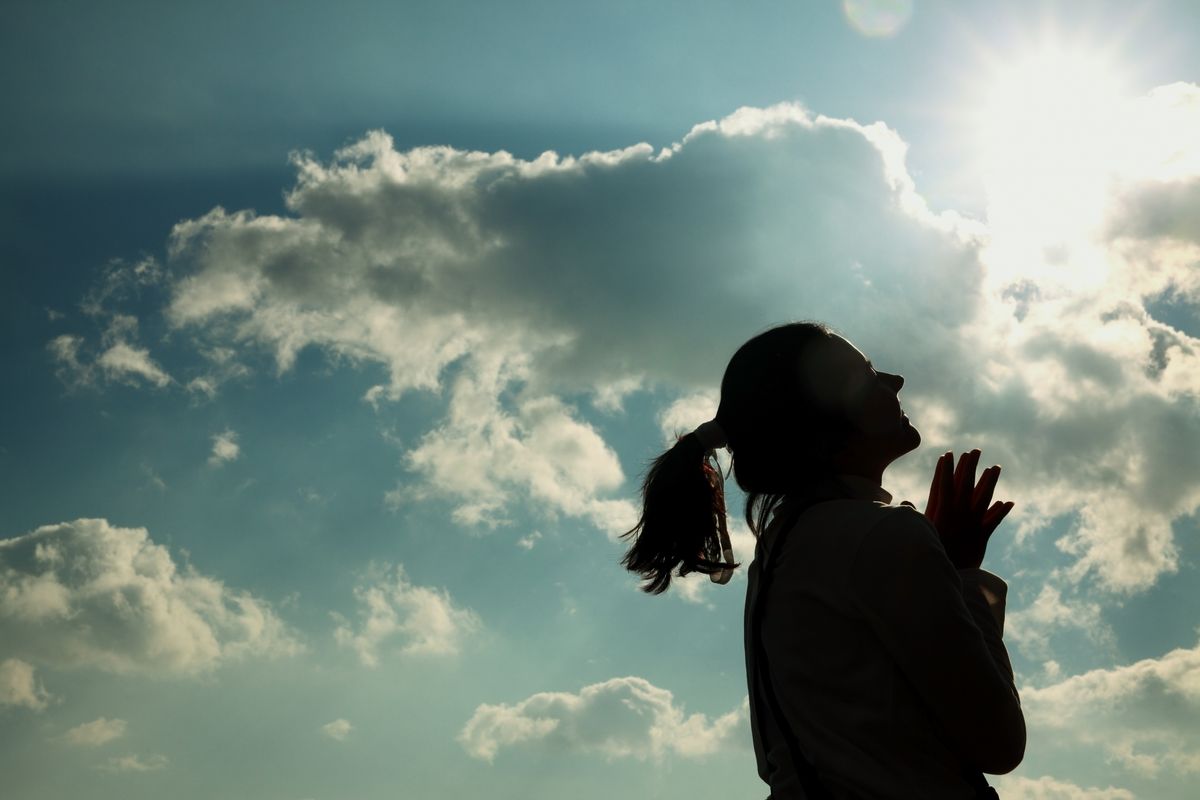A bold prophecy from a South African preacher has triggered digital chaos, as social media continues to discuss posts, satire, and spiraling speculation about the rapture, possibly as soon as tomorrow.
TikTok, now ground zero for viral reactions, has given rise to an explosive new trend called 'RaptureTok.' The tag encompasses everything from spiritual urgency to end-times comedy, with hundreds of thousands of videos posted in just days.
How did it start?
At the center of the buzz is Pastor Joshua Mhlakela, who claims he received a divine vision foretelling Jesus’ imminent return. In an interview with CettwinzTV, Mhlakela recounted what he described as a supernatural encounter.
According to Mhlakela, the rapture, an event some Christians believe will sweep true believers into heaven, will occur on September 23 or 24, coinciding with Rosh Hashanah, the Jewish New Year.
The preacher’s words quickly went viral, with TikTok, X (formerly Twitter), and YouTube ablaze with reactions. For some users, the prophecy has been life-changing. According to LAD Bible, one person sold their car, and others quit their jobs in preparation. On TikTok, a user with over a million followers claimed people are “leaving items behind for those who don't get Raptured.”
Meanwhile, others turned the end-times buzz into comedy gold. Satirical clips poking fun at the prophecy now dominate the RaptureTok hashtag. One creator offered “Rapture Trip Tips,” encouraging viewers to “buy new underwear” so the “last impression of you” isn’t embarrassing.
Why do users think it's real?
The idea of the rapture is grounded in evangelical Christian theology, though the word itself doesn’t appear in the Bible. The belief largely stems from verses in 1 Thessalonians 4 and 1 Corinthians 15, where Apostle Paul describes a sudden transformation and ascension of believers.
Mhlakela’s prediction gains traction partly due to its timing with Rosh Hashanah, also called the Feast of Trumpets, a holiday some Christians link to the trumpet imagery in biblical prophecy. The shofar, a traditional ram’s horn blown during the holiday in Israel, has added to the fervor online.
The current social media explosion comes just days after the assassination of Charlie Kirk, a prominent evangelical figure. His death has been framed by some leaders as part of a broader spiritual battle.
It's happening again:
This is not the first time the rapture has become the center of discussion. This belief, reinforced by books like the “Left Behind” series and preachers like Harold Camping (who incorrectly predicted the Rapture in 1994, then 2011), is deeply embedded in religious circles.
This cultural moment, marked by political turmoil, spiritual anxiety, and global chaos, became the foundation for apocalyptic predictions. From the Mayan calendar (2012) to David Meade’s planetary alignment prediction (2017), history is filled with missed doomsday deadlines.
And while some followers may offer revised dates or new explanations, others may experience rapture anxiety or religious disillusionment when nothing happens. In the meantime, TikTok remains the stage for spiritual panic, pop theology, and punchlines.








